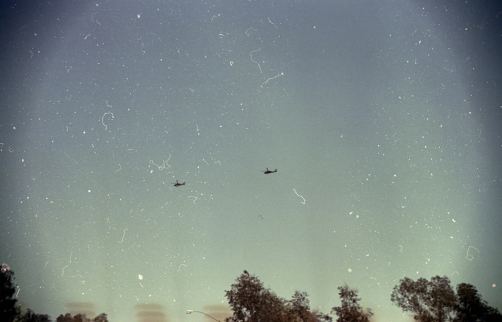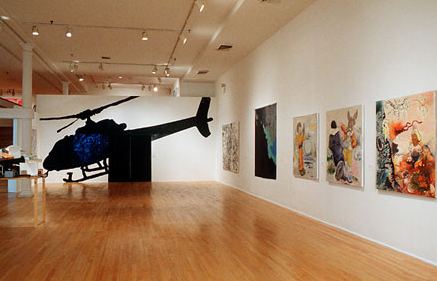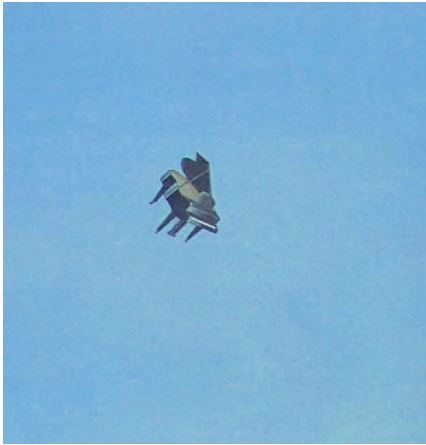In 1969, when the National Guard occupied Berkeley, California, I was living in an apartment just north of campus. Every 20 minutes helicopters would pass overhead, like heavy-metal clockwork. Looking at Zack
Schrock‘s photo brought that time back.
 Living under helicopter rotation is not good for the nervous system. I moved. What about those who can’t move, who grow up in American neighborhoods that are under regular overhead surveillance?
Living under helicopter rotation is not good for the nervous system. I moved. What about those who can’t move, who grow up in American neighborhoods that are under regular overhead surveillance?
The anti-war movement in the 1960s gave participants (and bystanders, trying to get out of the way) an experience impoverished people of color continue to endure as a matter of course – the chance to be under served and over policed.
From Paul Beatty’s 1997 novel, The White Boy Shuffle:
I turned onto Whitworth Avenue and suddenly found myself engulfed in a blinding waterfall of light. Instinctively, my hands shot above my head as I waited for the standard drill–“Face down on the ground, hands behind your head, ankles crossed. Move!” But no instructions were forthcoming. I waited a minute or two and looked for a police cruiser; nothing. No beat cops, only the helicopter hovering overhead and me standing in a fifty-foot circle of light, becoming more appreciative of the moon.
Beatty’s novel inspired Kori Newkirk‘s mural in Freestyle. Made of black pomade applied to a white wall, Newkirk’s rendition of the species ghetto bird smelled like hair product. Its title, All Over, links it to Jackson Pollock, even though the latter’s fields fail to suggest a similar soundtrack.
 After 9/11, of course, the entire country became suspicious of what might come from the sky.
After 9/11, of course, the entire country became suspicious of what might come from the sky.
Euan Macdonald, “Untitled, (three falling pianos), 2006, triptych, gouache on paper, 101×76 each (Image via)
 Macdonald’s A Little Ramble is at Western Bridge through April 17.
Macdonald’s A Little Ramble is at Western Bridge through April 17.



Leave a Reply